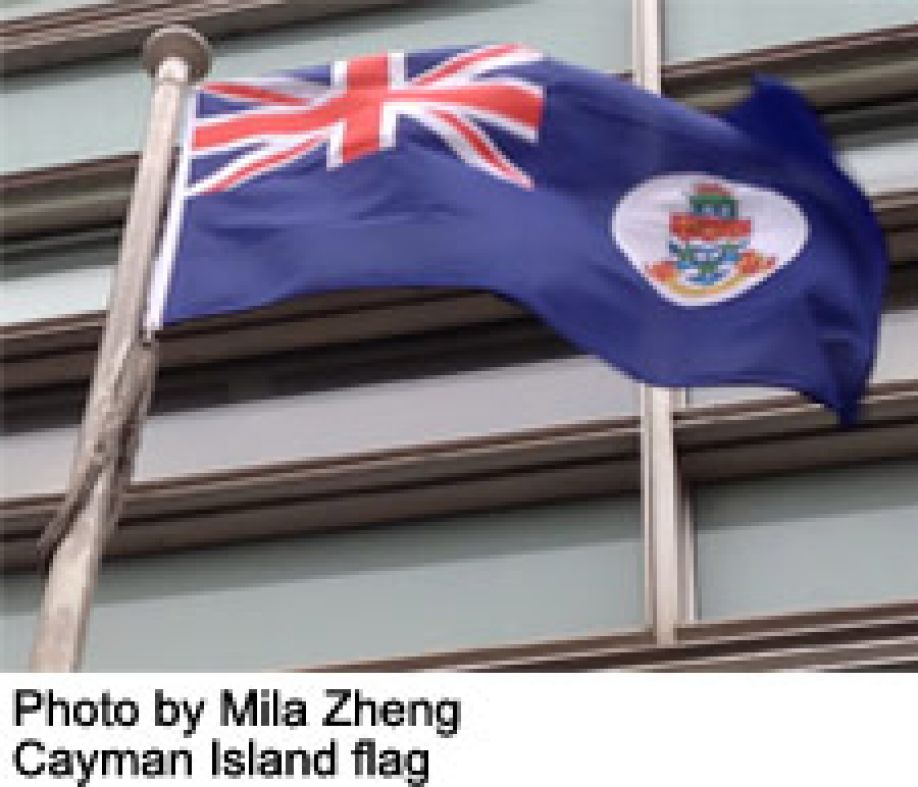
By Baron Laudermilk
The Cayman Islands, a British Overseas Territory located in the Western Caribbean Sea, which is known for its liberal offshore financial hub, was on the verge of implementing the country first direct tax that was supported by the Premier, McKeeva Bush. This would have serious implications to Chinese expats in The Cayman Islands.
The ommunity Enhancement Levy was to include a 10% levy on expat workers income above a certain threshold, but the measure has been abandoned following major complaints from financial service professionals on the island. These people argued that the tax-free territory has historically made the island competitive and attractive to international firms.
The proposal along with another levy of 5% payable by employers, in respect of non-resident employees engaged in specific categories of work, was meant to consolidate the territory deficit following the confirmation from the United Kingdom Foreign and Commonwealth Office (FCO) on July 2012 that the territory would no longer be allowed to borrowing to fulfill budget deficits.
When Mckeeva Bush announced the measures, he admitted the trade-off would allow the government to retain 500-700 government words from being laid off. The various measures would probably achieve a fiscal surplus of $85m in the fiscal year of 2012/13, making it available to pay off some of the territory debt, and also allowing the government to make payments towards outstanding pension contribution liabilities.
McKeeva Bush was touting the expatriate tax as a less serious measure compared to other potential revenue sources such as income tax, a sales tax, or a property tax. After intense pressure, Bush announced that the ommunity Enhancement Level was no longer being considered, and completely ff the table Mckeeva Bush did not say what would the replacement measures be to raise revenue.
In a statement pleading for the repeal of the levy, The Cayman Islands Council of Associations- comprising ten of the Cayman main industry bodies, warned that the direct tax would damage the competiveness of the territory. It attached the levy saying he Associations regard the Community Enhancement Fee in its current form to be discriminatory, divisive to society and inequitable. This type of fee has been regarded as unlawful in other jurisdictions such as the Isle of Man and Gibraltar."
"We believe more can be done to reduce government spending and to generate cost savings as recommended in the Miller-Shaw report. We believe that increasing the cost of doing business at this time may cause a loss of business to our competitors said the Association.
The association warned the government, he real estate industry has already witnessed an outward flee of investors. Apart from the certainty that this will reduce government income in the short term, it could very well lead to an outward exodus of tax sensitive investors to other jurisdictions. /p>